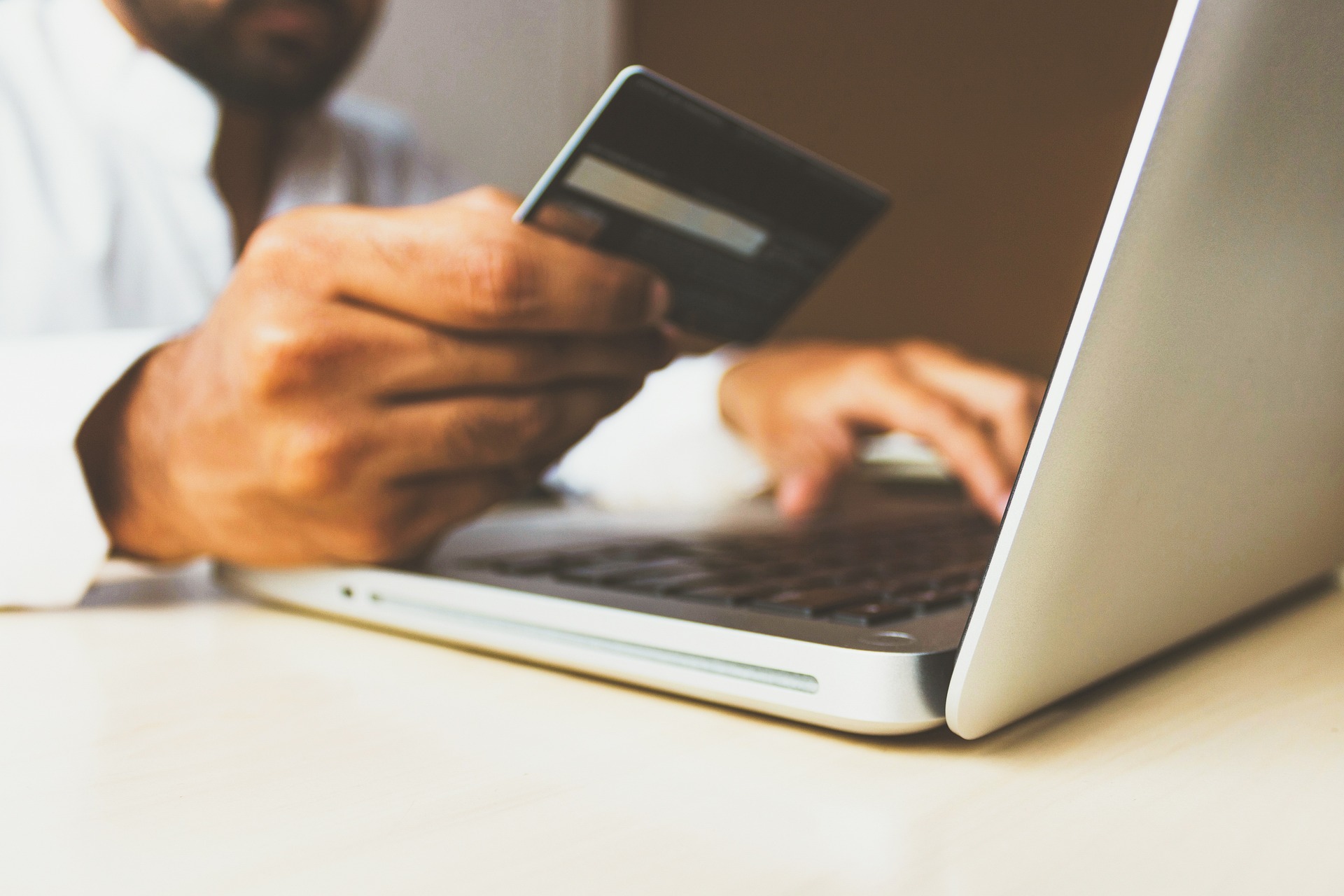We frequently write about the most common questions regarding consumer bankruptcy and how it may benefit you. However, in this article, we will focus on one area of concern for most individuals – the creditors. Most people are unsure of their rights, the creditor’s rights, and how the relationship will change during and after bankruptcy. There’s no need to be forever intimidated by creditors – information is power, so let’s learn more.
Creditors and the Bankruptcy Process
- “I’ve already filed. Can my creditors still demand payment?”
Actions taken by a creditor to collect a pre-petition debt or repossess an asset without the bankruptcy court’s permission are typically considered automatic stay violations. The court may discipline a creditor who has knowledge of the automatic stay and still pursues payment or repossession. The court will hold the creditor liable for any damages caused to the debtor. - “What if I did not list a creditor on the paperwork filed in my case? Can they still pursue payment?”
If a debt was not recorded on the schedules submitted to the bankruptcy trustee, the creditor might not be aware of the automatic stay. Individuals should inform their creditors of bankruptcy status and request cessation of collection efforts. If a bankruptcy attorney represents the filing party, they can provide the creditor with contact information. If an attorney does not represent the individual, they should give the creditor the case number, the date of filing, and the court jurisdiction in which the case was filed. Any further improper collection action should be reported to the attorney or trustee. - “What if I simply forgot to add a creditor?”
Mistakes happen, but if a creditor is omitted from the original paperwork, the bankruptcy attorney should be provided with all pertinent information as soon as possible (the amount of the debt, any associated collateral, and the name and address of the creditor). This step is essential, as a debt not listed on the schedules might not be discharged, requiring the individual to pay that debt in full even after a discharge. If a creditor was left off the schedule and demands repayment, inform them of the bankruptcy and contact your attorney. - “Am I required to list all of my debt on the bankruptcy schedules I submit to the court?”
Information regarding all debts, including the name and address of the creditors, must be included in the bankruptcy paperwork. This process ensures that creditors receive proper notice of the bankruptcy and are legible to receive their fair allotment of any monies paid to creditors. Sometimes, those who file for bankruptcy choose to continue paying a debt and therefore think they can leave it off the paperwork. However, this is against bankruptcy law. Individuals can still voluntarily pay off debt even if it has been legally discharged. However, creditors are banned from taking any action to collect discharged debts. - “What is the difference between a secured creditor and an unsecured creditor?”
A “secured creditor” is an entity that holds a lien on an item of property. A lien permits them to compel the sale of that property to satisfy the debt. The most commonly known secured lenders are mortgage and auto lenders. In contrast, an “unsecured creditor” has no interest in any of the individual’s property, most often credit card issuers. If you cannot pay the debt back voluntarily and do not file for bankruptcy to pay these debts, these creditors must obtain a court judgment and ask the sheriff to seize property to satisfy the debt. The secured creditor enjoys stronger protections because its lien on the property is typically honored even in bankruptcy.
Do you have further questions? Call Sarasota bankruptcy expert Richard V. Ellis. He and his team have provided professional, compassionate assistance to hundreds of area residents needing financial relief.





